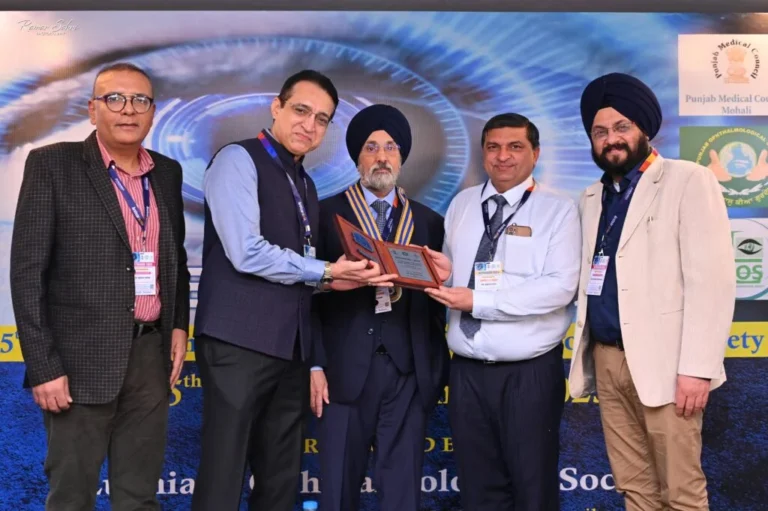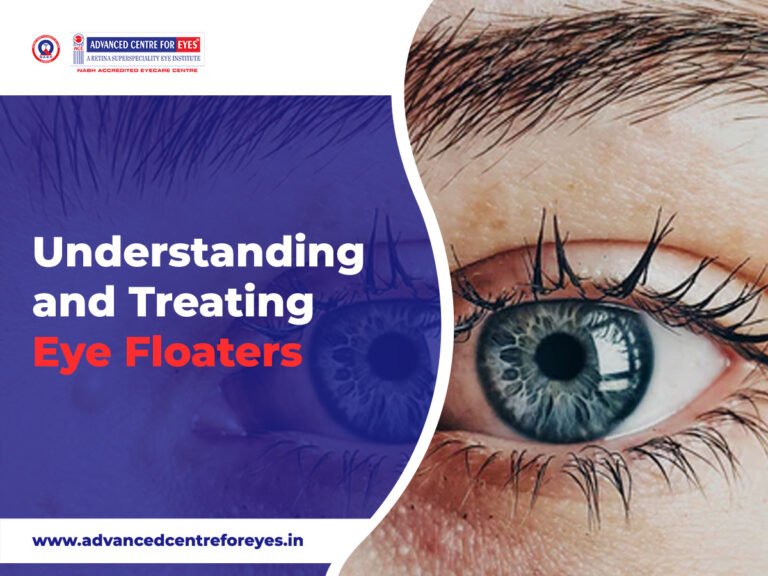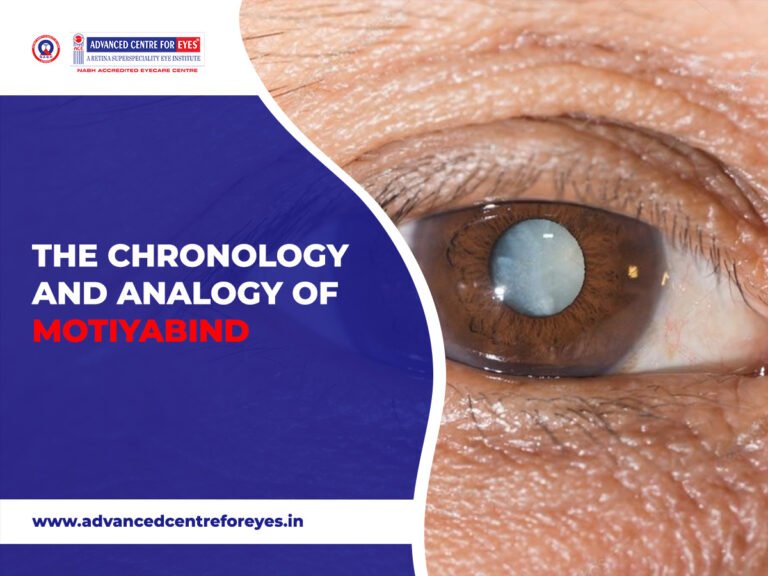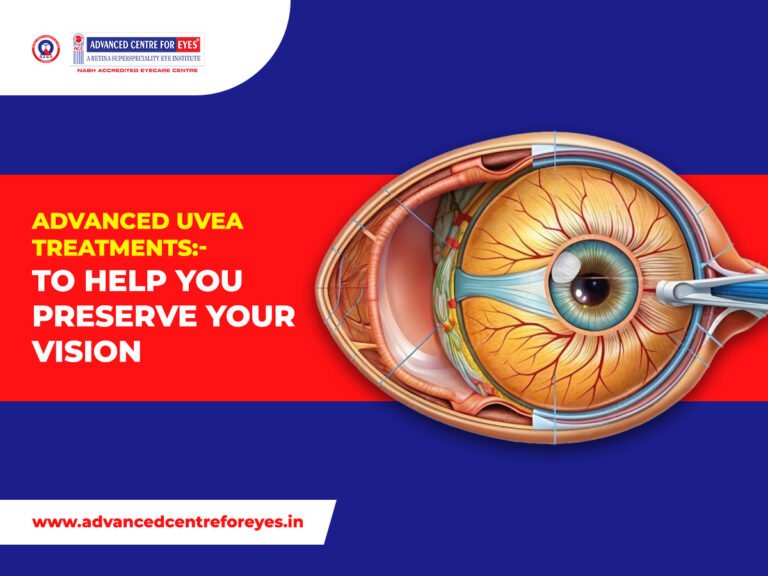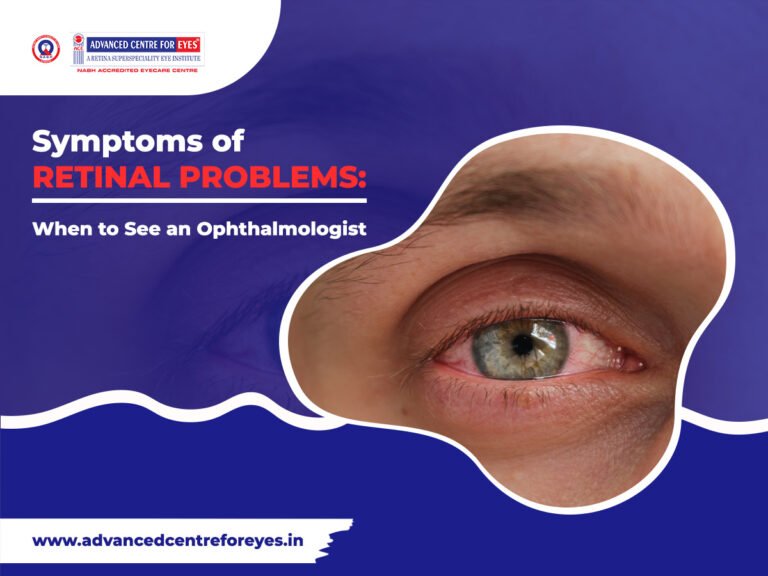Why Diabetics Need Regular Retinal Check-ups
Diabetes is a common health condition that affects millions of people worldwide. When someone has diabetes, it means their body is having trouble controlling the sugar (glucose) in their blood. While this condition can affect various parts of the body, one of the areas it can really harm is the eyes, especially the retina.
The retina is the part of the eye that helps you see clearly by sensing light and sending signals to your brain. For people with diabetes, keeping the retina healthy is very important. In this blog, we’ll explore why diabetics need regular retinal check-ups, what can happen if they don’t, and how they can take care of their eyes. And we will talk a bit about retina transplant in Ludhiana as well.
What is the Retina?
First, let’s talk about what the retina is and why it’s important. The retina is a thin layer of tissue located at the back of your eye. Its job is to receive light that comes into your eye and turn it into signals that the brain can understand, allowing us to see images.
Think of the retina like the camera in your phone. Without a good camera lens, your pictures would be blurry. Similarly, if your retina isn’t working well, it can make things hard to see. People with diabetes are at a higher risk of developing problems with their retina.
How Diabetes Affects the Retina
When a person has diabetes, their blood sugar levels can be high. Over time, high blood sugar can damage the blood vessels in the retina. This damage can lead to a condition called diabetic retinopathy. Diabetic retinopathy happens when the blood vessels in the retina become weak, leaky, or blocked. This can cause blurry vision, difficulty seeing at night, or even loss of vision.
If left untreated, diabetic retinopathy can get worse and cause permanent blindness. That’s why it’s so important for people with diabetes to go for regular retinal check-ups. Early detection can prevent a lot of problems.
The Importance of Regular Retinal Check-ups
For diabetics, regular retinal check-ups are like routine health check-ups but for their eyes. These check-ups allow doctors to take a close look at the retina and spot any problems early. If the doctor notices something unusual, they can treat it before it causes serious vision problems.
During a check-up, the doctor may perform tests to check the blood vessels in the retina, and these tests are painless. Catching any issues early can make a huge difference in preventing further damage.
What Happens During a Retinal Check-up?
Many kids might wonder, “What happens during a retinal check-up? Is it scary?” Well, it’s not scary at all! In fact, most people say it’s very easy and quick.
Here’s what happens during a typical retinal check-up:
- Eye drops: The doctor may put special eye drops in your eyes to widen the pupils. This helps them get a better view of the retina.
- Examination: The doctor will use a special light or a magnifying lens to look at the retina. They will check to see if the blood vessels are healthy.
- Photographs: Sometimes, the doctor might take pictures of the retina to compare how it looks over time. This helps them track any changes that may happen.
These steps help doctors make sure your retina is healthy and catch any problems before they get worse.
What if Problems Are Found?
If the doctor finds a problem during your check-up, don’t worry. There are many treatments available that can help. The treatment depends on the problem, but some of the common treatments include:
- Laser treatment: Sometimes, the doctor uses a special laser to fix leaking blood vessels in the retina. This can stop or slow down the damage.
- Injections: Medicine can be injected into the eye to reduce swelling and improve vision.
- Surgery: In more serious cases, surgery may be needed to fix the retina.
In some rare cases, if the retina is severely damaged, a person might need a retina transplant in Ludhiana. A retina transplant is a procedure where a damaged retina is replaced with a healthy one. This is a complex surgery but can help restore some vision for people with severe retinal issues.
What is Retina Transplant?
A retina transplant is a procedure that is performed when the retina is damaged beyond repair. The goal of the transplant is to improve vision in people whose retinas are no longer functioning properly. While it’s not a common procedure, it is an option for people who have severe retina problems that cannot be fixed with other treatments.
During the surgery, doctors replace the damaged retina with a healthy retina, which can come from a donor. It’s a delicate procedure, but for some people, it can make a big difference in their vision.
Ludhiana has some of the best eye care hospitals where skilled doctors can perform retina transplants. If someone is suffering from severe diabetic retinopathy or other retina-related issues, they may consider looking into retina transplant in Ludhiana as an option.
How Can Diabetics Take Care of Their Retina?
Even though people with diabetes are at higher risk of developing retina problems, there are things they can do to protect their eyes and reduce the risk. Here are some simple tips for keeping the retina healthy:
- Control Blood Sugar Levels: Keeping blood sugar levels under control is one of the most important things diabetics can do. High blood sugar can damage the blood vessels in the retina, so managing diabetes well is key to keeping the eyes healthy.
- Regular Eye Check-ups: Diabetics should go for regular eye check-ups even if they are not experiencing any vision problems. Many symptoms of retina problems related to diabetes don’t show right away, so check-ups are the best way to catch any problems early.
- Manage Blood Pressure and Cholesterol: High blood pressure and cholesterol can also damage the blood vessels in the eyes. Keeping these under control can help prevent damage to the retina.
- Eat a Healthy Diet: Eating foods rich in vitamins and antioxidants can support eye health. Leafy greens, fish, nuts, and fruits are good for the eyes.
- Avoid Smoking: Smoking can make diabetic retinopathy worse, so it’s important for people with diabetes to avoid smoking.
- Exercise Regularly: Exercise helps improve circulation and keep blood vessels healthy. This is good for the whole body, including the eyes.
What Can Happen If Diabetics Don’t Get Retinal Check-ups?
Skipping regular retinal check-ups can lead to serious problems for people with diabetes. If diabetic retinopathy goes untreated, it can cause:
- Blurry vision: The retina becomes damaged and can’t send clear images to the brain.
- Difficulty seeing at night: People may find it hard to see in low-light conditions.
- Permanent vision loss: In the worst cases, untreated diabetic retinopathy can lead to blindness.
The good news is that all of these problems can often be prevented by getting regular check-ups and following the doctor’s advice. Early treatment can stop the damage before it becomes too serious.
The Future of Eye Care for Diabetics
Medical science is always advancing, and new treatments are being developed for diabetic retinopathy and other eye conditions. With the help of new technologies and advanced medical care, more people are able to maintain good vision even if they have diabetes.
In the future, treatments like retina transplants in Ludhiana could become even more advanced, helping people with severe retina problems regain their sight. As we learn more about the connections between diabetes and the eyes, doctors will be able to provide even better care for their patients.
Conclusion
For diabetics, regular retinal check-ups are essential for protecting their vision. Diabetes can damage the retina and lead to serious eye problems, but with regular check-ups and proper care, many of these problems can be prevented. If left untreated, diabetic retinopathy can cause permanent vision loss, but early detection and treatment can make a big difference.
For those facing severe eye issues, treatments like retina transplants in Ludhiana offer hope for restoring sight. By managing their diabetes and taking care of their eyes, people can keep their vision clear and healthy for many years to come.



